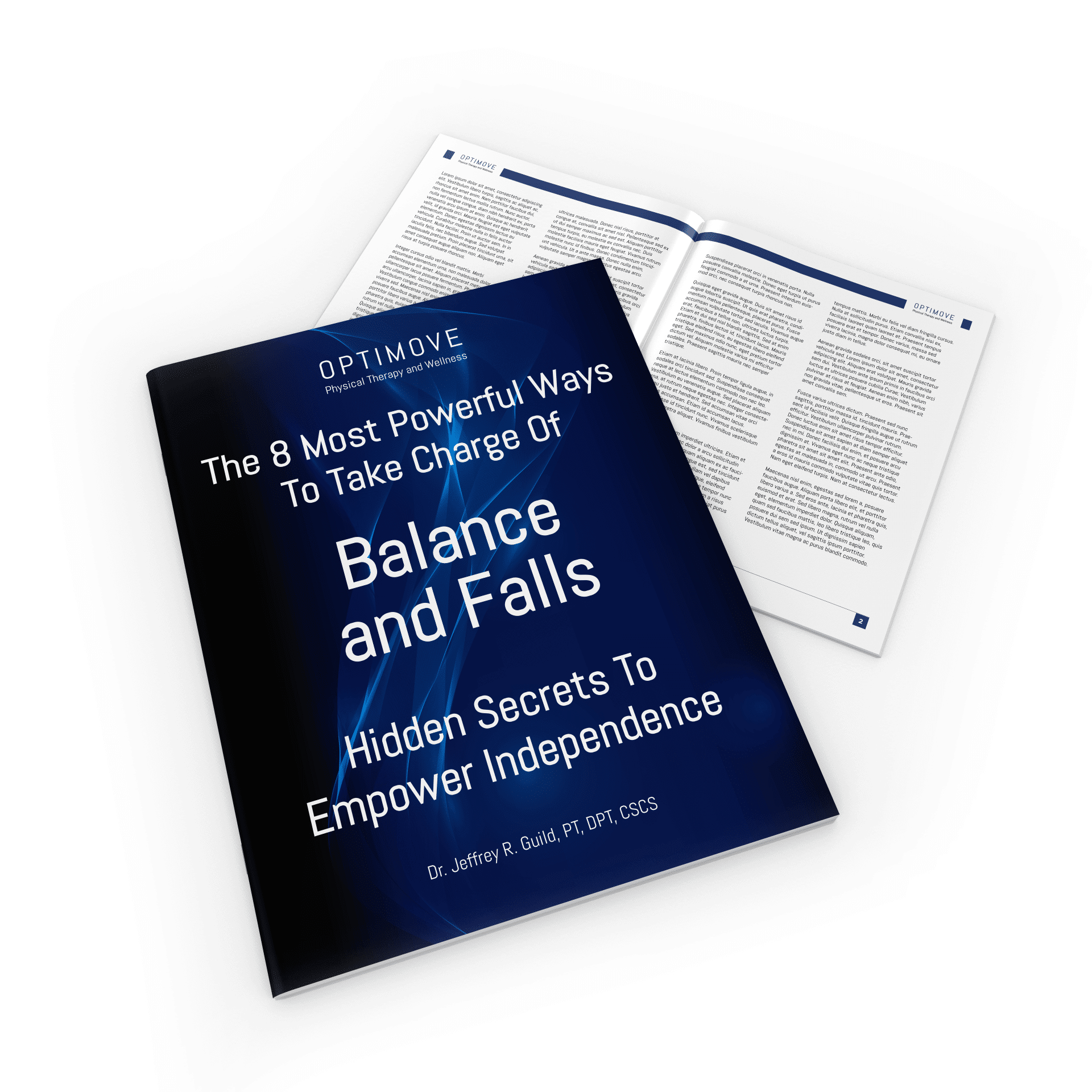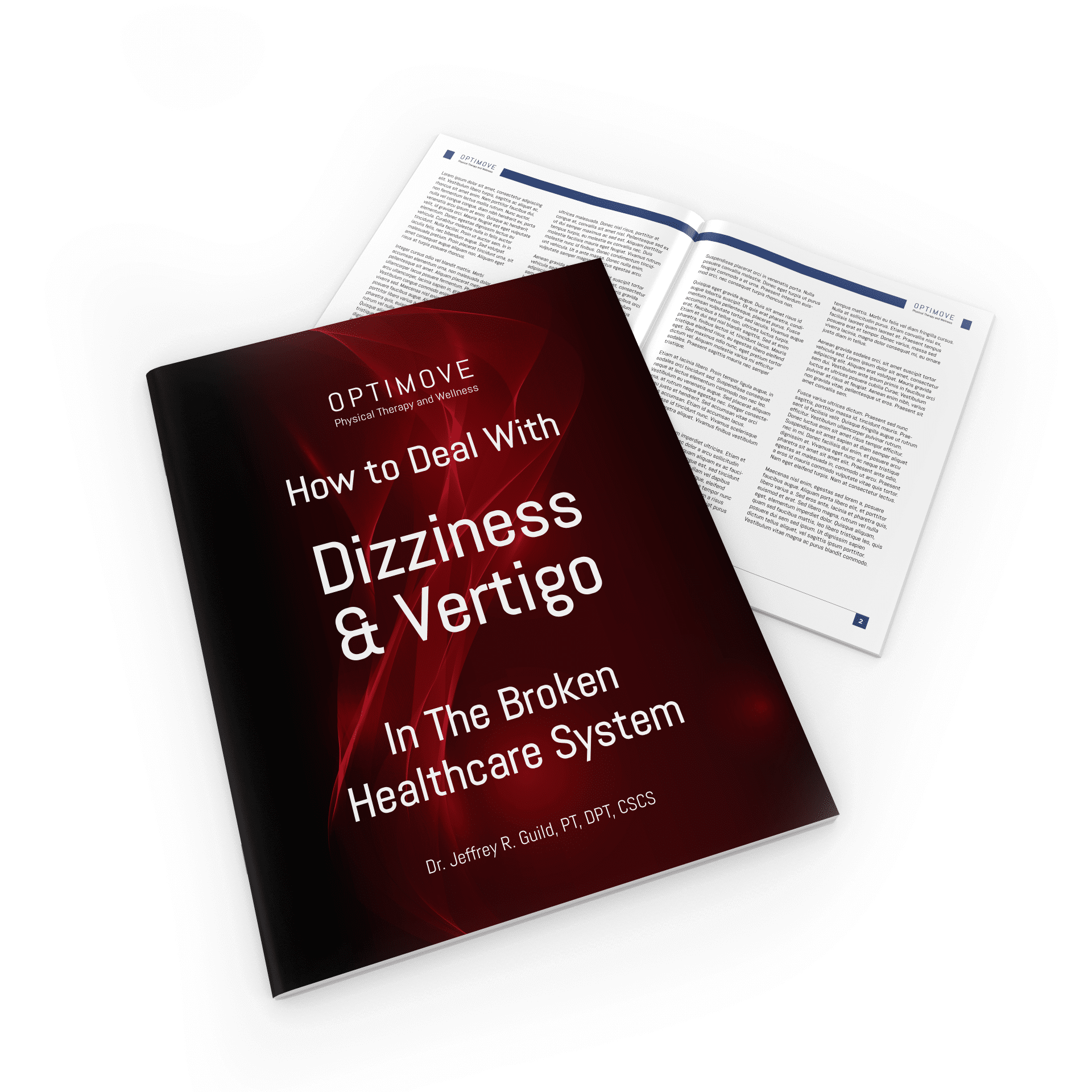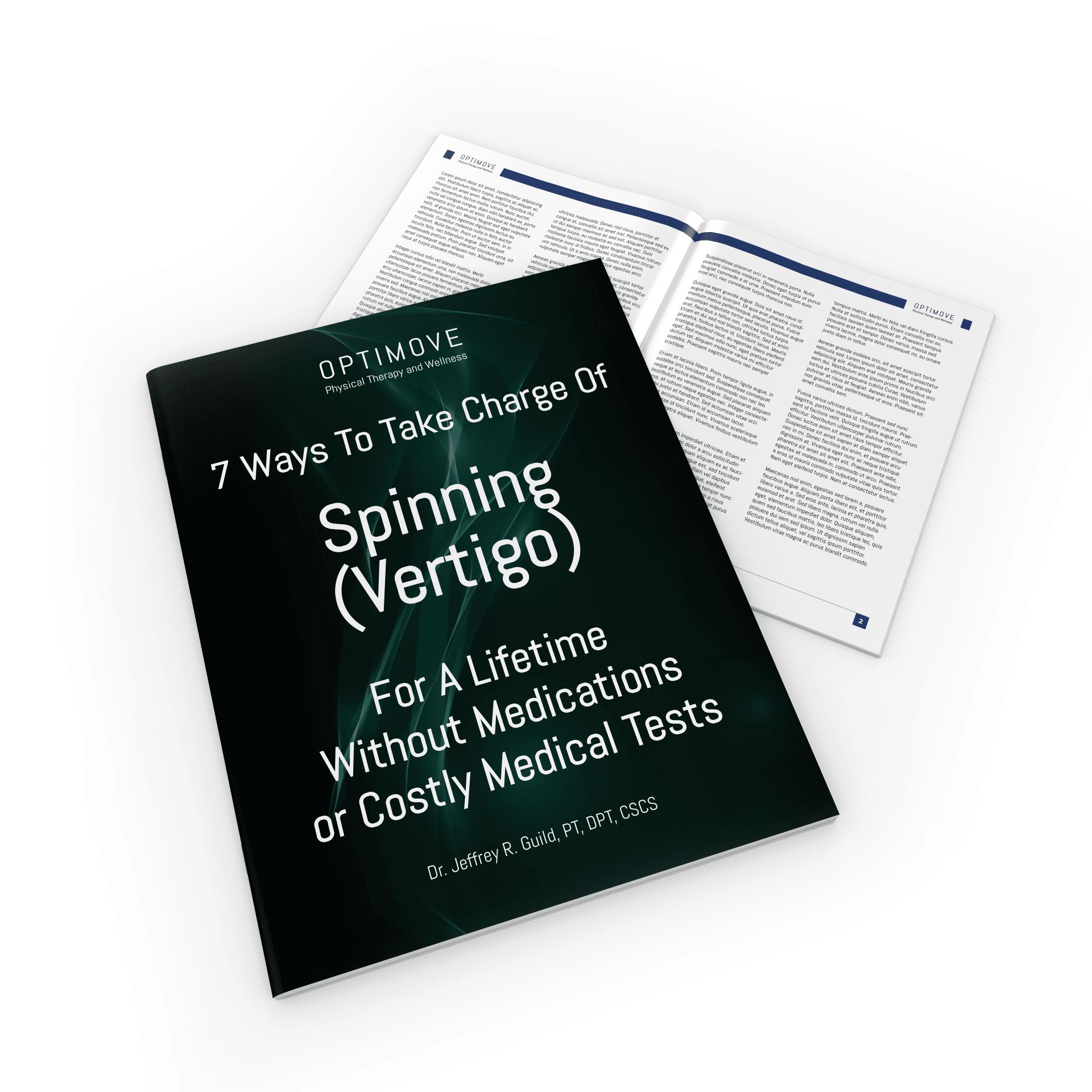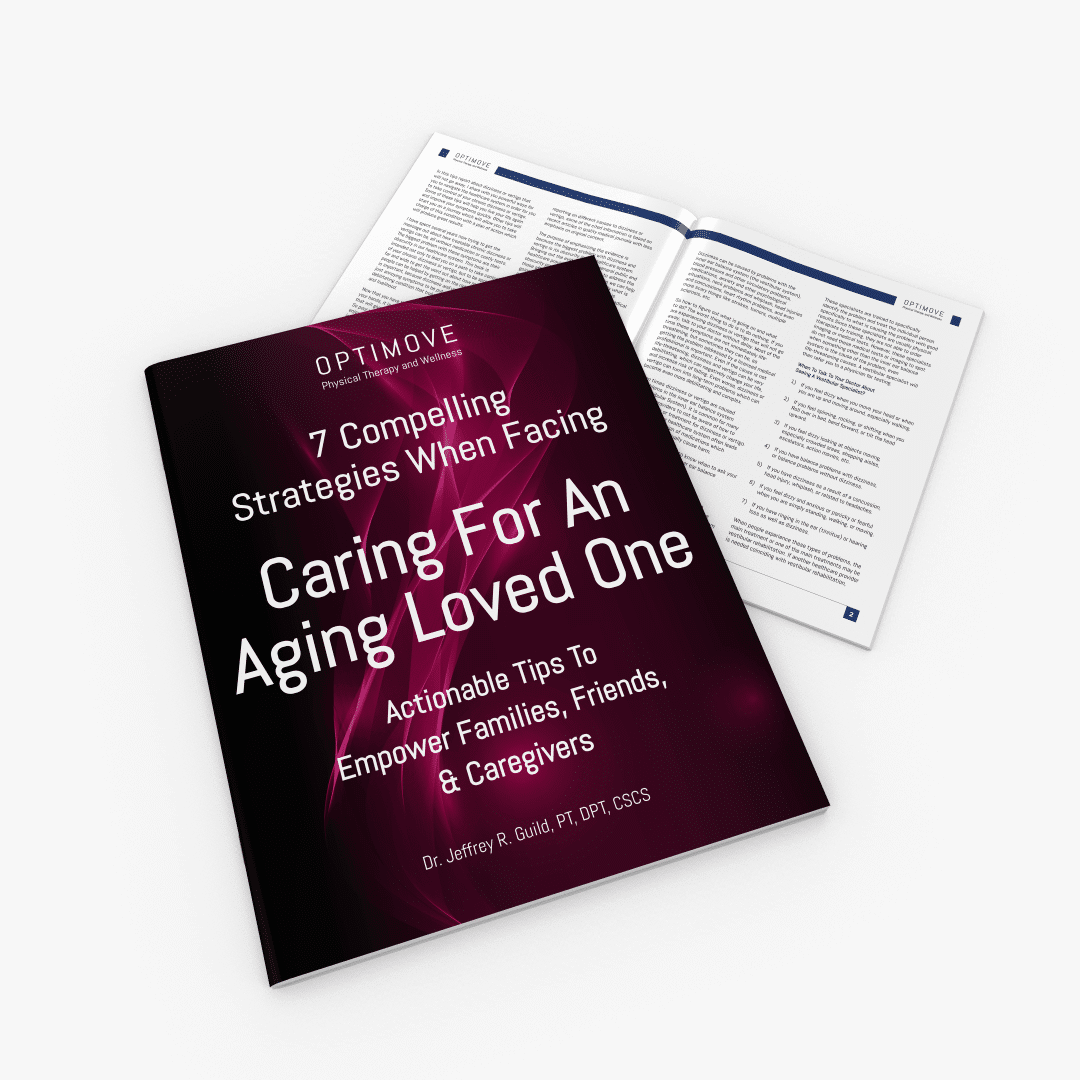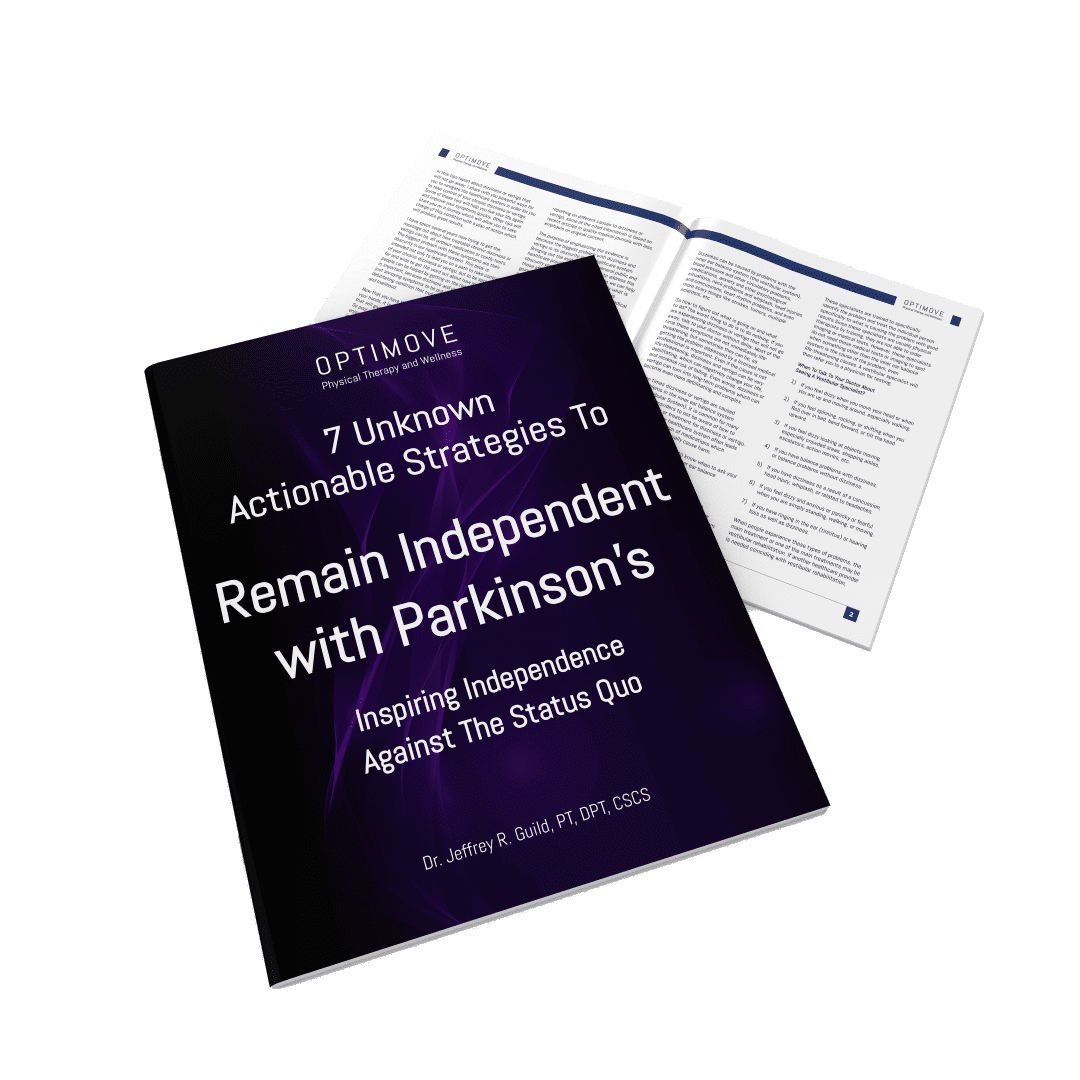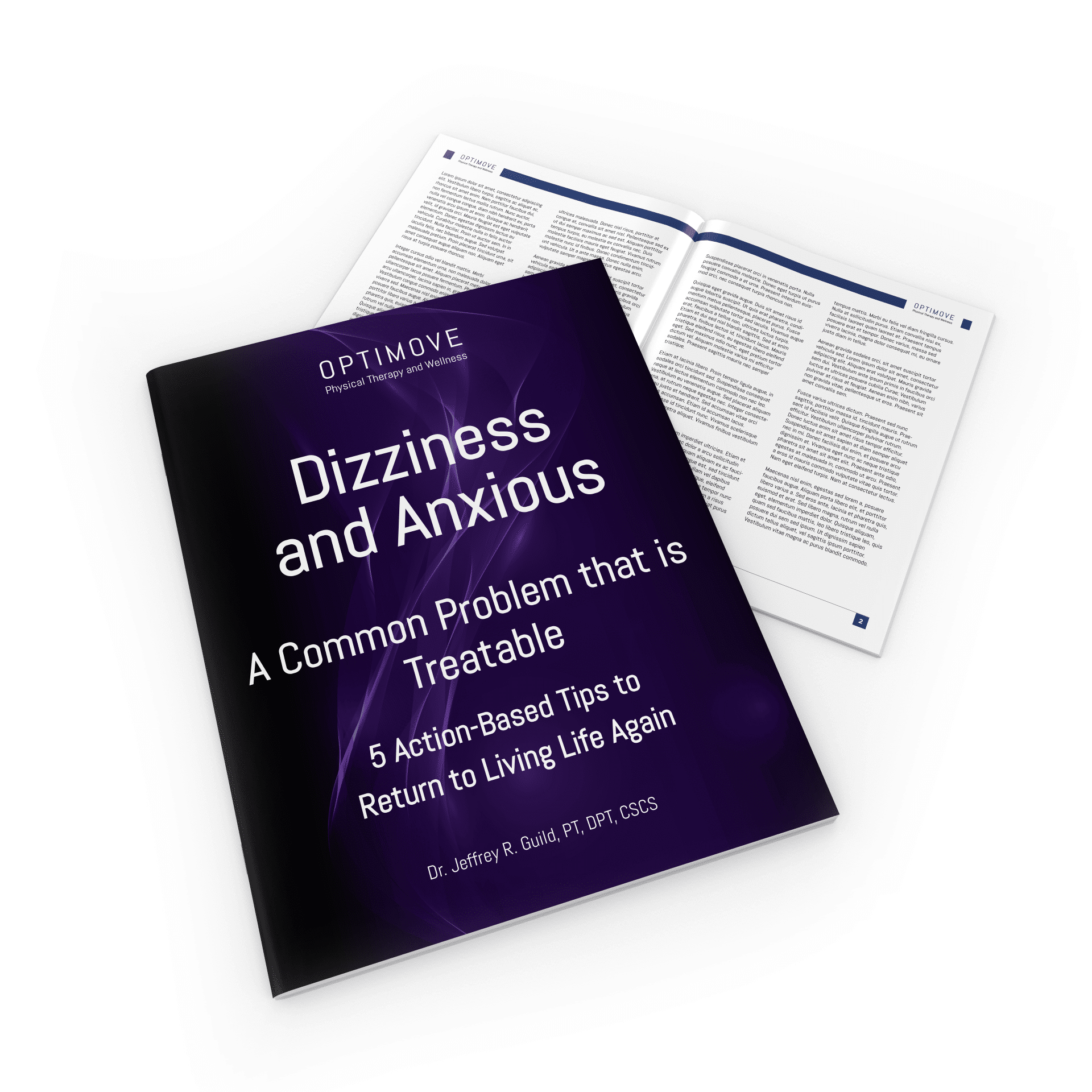If you are over the age of 60, do you ever feel like you have problems with slowing down or feeling of unsteadiness when you go out to dinner with your children? Maybe shopping with friends has become more of a challenge, or you simply find yourself staying in your home more and more because that feeling of unsteadiness just makes home seem a bit safer.
You are not alone. A large number of older individuals have a fear of falling,1 even if they have not even fallen!1 This fear prevents people from living their life2 and even changes the way they walk.3
This article will provide 8 powerful tips to help you begin your journey of maintaining or even gaining independence, get rid of your cane or walker, or prevent yourself from needing one at all. These tips are based on the most up-to-date information scientists know about what causes older people to fall so you can be certain these tips will be a great start on your journey to maintaining or improving your independence.
The 8 Powerful Ways To Maintain Independence
1. Exercise
- Exercise by itself reduces risk of falling.4,5 Choose the type of exercise you like since many different forms of exercise work.4
- Going for a walk is a great way to start, especially if you are at high risk for falls.5
2. Let The Doctor Know If There Has Been A Fall
- Simply by being proactive with the doctor about medications will reduce fall risk.4 You can also address blood pressure, which not only can cause lightheadedness if low, but high blood pressure6,7 and many medical problems8 is associated with vertigo.
- Vitamin D itself and bone health are associated with how our balance system works,9,10 so addressing this problem with your doctor can directly improve your balance.
3. Put Together A Team Of Specialists Who Can Help
- Occupational Therapists can be helpful to make the environment in your home safer,4 Neurological Psychologists and Speech Therapists can help with problems with thinking and memory.
- Physical Therapists can be helpful with physical challenges that are associated with falls such as, dizziness or vertigo,11 walking problems,11 whether the cane or walker is used correctly,11 balance problems,12 and concerns about frailty.13
4. Have The Walking Device Checked By A Physical Therapist
- Whether you already use a cane or walker or you just want to know if you need one at all, seeing a Physical Therapist who specializes in balance is the professional to see.
- Most people do not get their canes and walkers from professionals, and even more people never get proper training on how to use the device or how to fit it properly.14 Incorrect use of a walking device can increase fall risk.14
Click Here To Read Part 2
To Read More Powerful Solutions To Gain Independence With Age, Click Here To Download Our Free Tips Report On Balance & Falls
References
1. Scheffer AC, Schuurmans MJ, van Dijk N, van der Hooft T, de Rooij SE. Fear of falling: measurement strategy, prevalence, risk factors and consequences among older persons. Age Ageing. 2008;37(1):19-24.
2. Choi K, Jeon GS, Cho SI. Prospective Study on the Impact of Fear of Falling on Functional Decline among Community Dwelling Elderly Women. Int J Environ Res Public Health. 2017;14(5)
3. Makino K, Makizako H, Doi T, Tsutsumimoto K, Hotta R, Nakakubo S, Suzuki T, Shimada H. Fear of falling and gait parameters in older adults with and without fall history. Geriatr Gerontol Int. 2017;17(12):2455-2459.
4. Gillespie LD, Robertson MC, Gillespie WJ, Sherrington C, Gates S, Clemson LM, Lamb SE. Interventions for preventing falls in older people living in the community. Cochrane Database Syst Rev. 2012. 12;9.
5. Sherrington C, Tiedemann A, Fairhall N, Close JC, Lord SR. Exercise to prevent falls in older adults: an updated meta-analysis and best practice recommendations. N S W Public Health Bull. 2011. 22(3-4):78-83.
6. D’Silva LJ, Staecker H, Lin J, Sykes KJ, Phadnis MA, McMahon TM, Connolly D, et al. Retrospective data suggests that the higher prevalence of benign parosysmal positional vertigo in individuals with type 2 diabetes is mediated by hypertension. Journal of Vestibular Research. 2015;25:233-239.
7. De Stefano A, Dispenza F, Suarez H, Perez-Fernandez N, Manrique-Huarte R, Ban JH, et al. A multicenter observational study on the role of comorbidities in the recurrent episodes of benign paroxysmal positional vertigo. Auris Nasus Larynx. 2014;41:31-36
8. von Brevern MN, Radtke A, Lezius F, Feldmann M, Ziese T, Lempert T, Neuhauser H. Epidemiology of benign paroxysmal positional vertigo: a population based study. J Neurol Neurosurg Psychiatry. 2007;78(7):710-715.
9. Bigelow RT, Semenov YR, Trevino C, Ferrucci L, Resnick SM, Simonsick EM, Xue QL, Agrawal Y. Association Between Visuospatial Ability and Vestibular Function in the Baltimore Longitudinal Study of Aging. J Am Geriatr Soc. 2015;63(9):1837-1844.
10. Singh NK, Jha RH, Gargeshwari A, Kumar P. Altered auditory and vestibular functioning in individuals with low bone mineral density: a systematic review. Eur Arch Otorhinolaryngol. 2018;275:1-10
11. Deandrea S, Lucenteforte E, Bravi F, Foschi R, La Vecchia C, Negri E. Risk factors for falls in community-dwelling older people: a systematic review and meta-analysis. Epidemiology. 2010;21(5):658-668
12. Muir SW, Berg K, Chesworth B, Klar N, Speechley M. Quantifying the magnitude of risk for balance impairment on falls in community-dwelling older adults: a systematic review and meta-analysis. J Clin Epidemiol. 2010;63(4):389-406.
13. Cheng MH, Chang SF. Frailty as a Risk Factor for Falls Among Community Dwelling People: Evidence From a Meta-Analysis. J Nurs Scholarsh. 2017;49(5):529-536.
14. Liu HH, Eaves J, Wang W, Womack J, Bullock P. Assessment of canes used by older adults in senior living communities. Arch Gerontol Geriatr. 2011;52(3):299-303.

